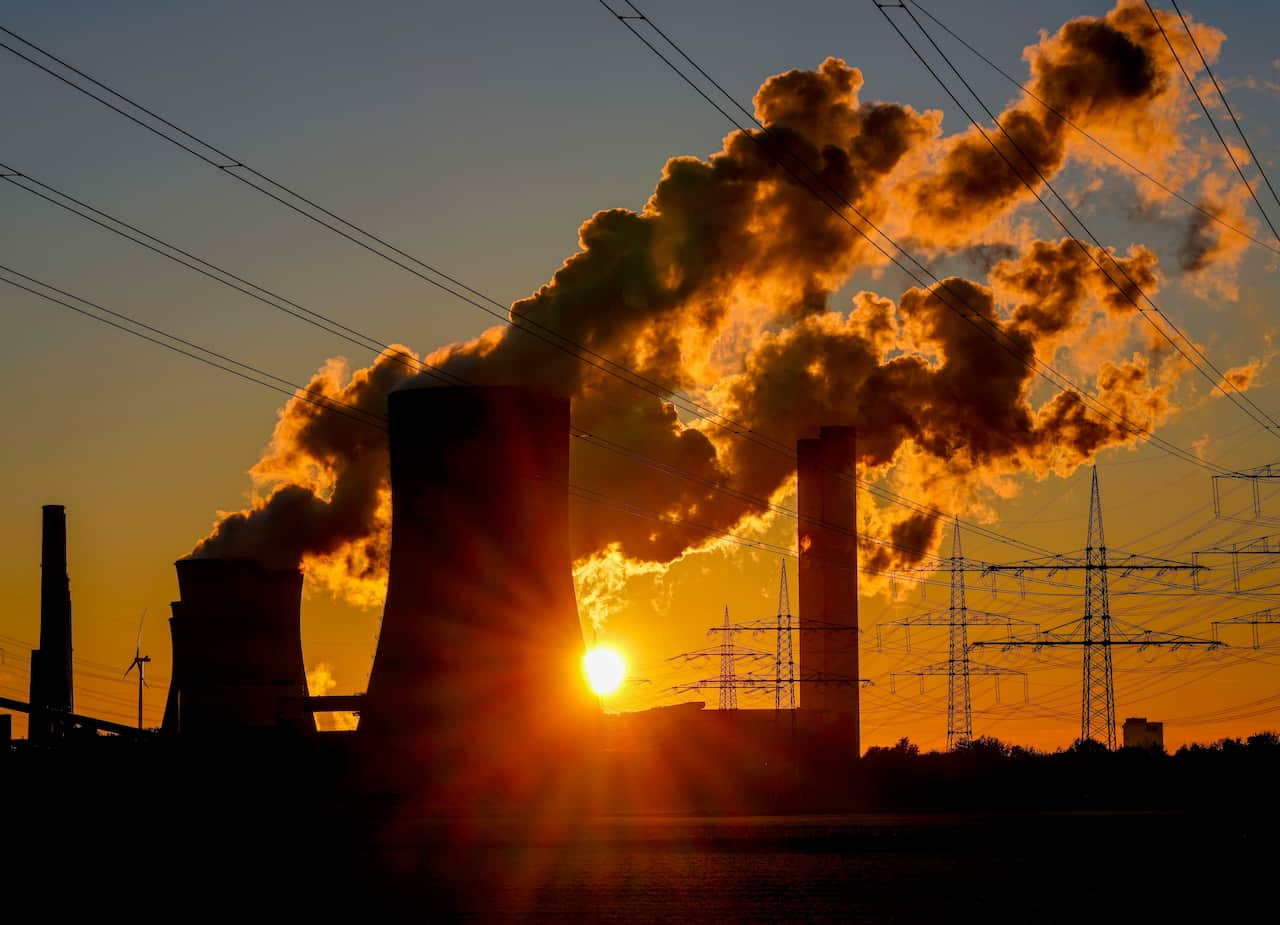Highlights
- Senate candidate and Spanish-born Yolanda Vega is concerned about governmental corruption
- She says The Greens have failed to work with the major parties on policies
- Her party wants to close the gender pay gap once and for all
The Senate candidate for Victoria said she was concerned about what she perceived as a decline in human rights and believed that this had given way to a corresponding growth in corruption.
I am afraid that democracy is disappearing, because corruption in this country is increasing.
“When corruption increases, human rights decrease and since 2012, corruption in Australia – if we read the reports and data from international organisations and universities – is increasing.”
The most recent Transparency International’s annual Corruption Perceptions Index (CPI) showed Australia recorded a score of 73, falling four points from its previous standing and 12 points since 2012.
Ms Vega is originally from Spain and emigrated to Australia at the age of six with her family.
Lobbying for a national body to investigate corruption complaints
To combat corruption, her party, the Reason Party, supports a federal Independent Commission Against Corruption (ICAC); an independent but fully federally funded body, with the power to conduct public hearings and initiate investigations against current and former governments, public servants, and parliamentarians.
During Prime Minister Scott Morrison’s administration there was talk of establishing a federal anti-corruption agency. In fact, that was one of his election promises in the lead-up to the 2019 poll.
However, the Bill introduced by the Coalition was met with criticism from former judges and prosecutors for not holding public hearings for politicians and for not initiating investigations based on anonymous complaints from the public.
The Prime Minister has defended his government’s proposal and has stated that he will only put forward a proposal for a federal anti-corruption body if the Australian Labor Party (ALP) gives express and unchanged support to the Coalition-initiated Bill.
On this issue, Opposition Leader Anthony Albanese, has promised during his campaign that establishing a national anti-corruption commission would be his party's priority if it won the election
“The issue of the integrity commission is one that we are going to legislate on this year,” Mr Albanese said.

“It will be a national anti-corruption commission with teeth, which will have independent investigative powers and which will be real in opposition to the model that has been rejected by all.”
The issue becomes even more relevant following new research published by the Centre for Public Integrity's group of independent experts questioning the $55 billion spent by the Morrison government on grants over the past four years.
The investigation found that there was little or no oversight in how the money was spent.
Climate inaction due to inability of The Greens to work with the major parties
Another of the central themes in the lead-up to the May 21 poll has been climate change and the positions that each party adopts in the face of this problem.
The Reason Party was demanding that the federal government declare a climate emergency and supported the recommendations of the International Panel on Climate Change, Ms Vega said.

Among the immediate action measures proposed by the party was for Australia to get rid of all fossil fuel exploration, mining and exportation, she said.
Although these proposals were very similar to those of The Greens, Ms Vega said her party hoped to be more effective with its proposals.
What we have seen with The Greens in recent years is that, although they are progressive, they have not been able to work with the major parties to reach an agreement.
“Our mission is to pass laws, to pass legislation and even if it is a very small step, we have to start because we’ve been talking about climate issues for 35 years or more and nothing has changed.”
Closing the gender pay gap
Achieving equal pay for men and women is another of the demands of the Australian population that is being echoed in this federal election campaign.
A survey by the Australian Council of Trade Unions, published in February, showed that three out of four women surveyed said their job security had worsened and that the cost of living had become more unaffordable under the Morrison government, as on average they were still paid less than men.
Of the 3.000 people surveyed, 55 per cent of women said their job security had worsened during the same period compared to 45 per cent of men.
However, a government spokesman told SBS News that women’s employment was recovering strongly, with more Australian women employed in December 2021, compared to March 2020, before the pandemic.

The spokesperson stated that “…the Morrison government reduced the gender pay gap to its lowest level on record of 13.4 per cent in the six months to November 2020”.
The gap currently stands at 13.8 per cent, which is four percentage points less than what we inherited from Labor in 2013: government spokesman.
But unions have accused the Prime Minister of “disappearing” by failing to do what they saw as enough to improve women’s working conditions and job security.
On this issue, the Reason Party candidate said she advocated enforcing a 1984 law that stated that all people must be paid fairly regardless of gender.
“That law exists but we still have problems with that, a lot of companies still don’t do what the law says,” Ms Vega said.
“So, if there is no fine, no consequences when people break the law, and, as a result, they will continue to do the same.”
On this issue, the ALP has promised to “…lead a national push to help close the gender pay gap and increase the pay of women workers, particularly in care work, by strengthening the ability and capacity of the Fair Work Committee to order wage increases for workers in low-paid, women-dominated industries”.
